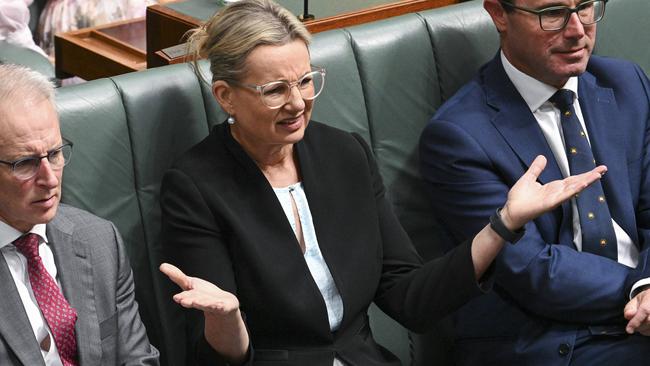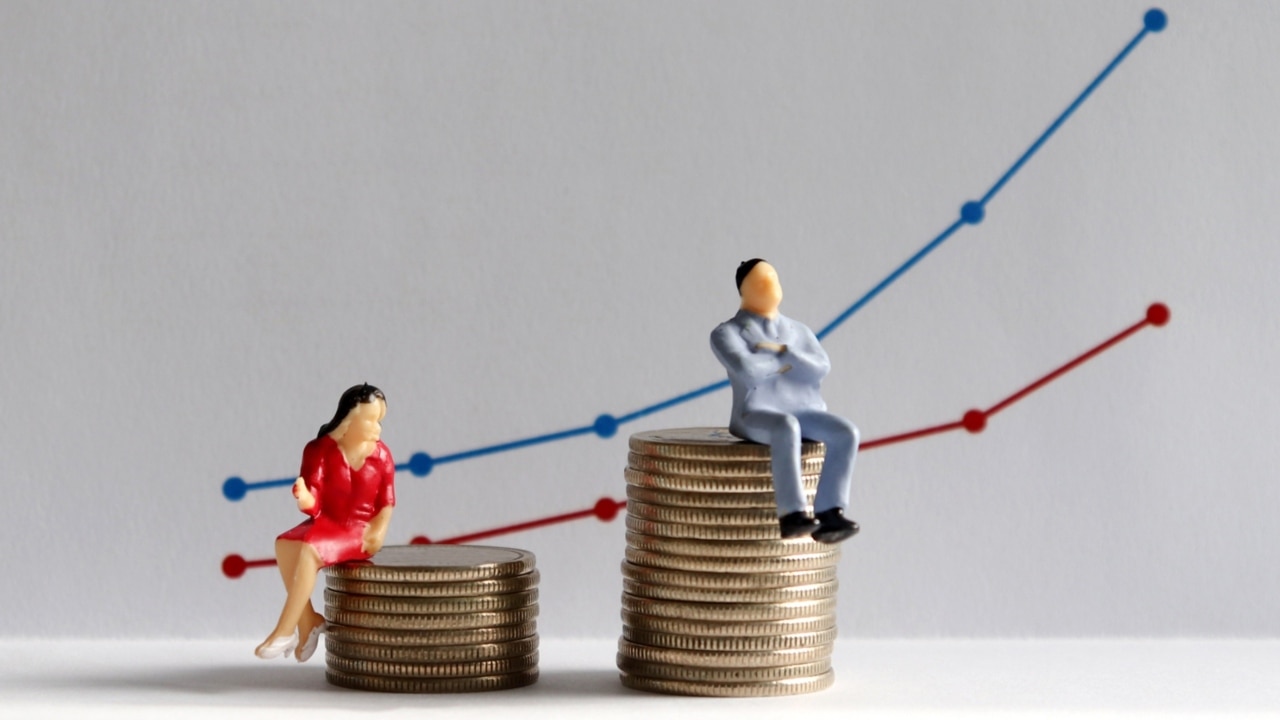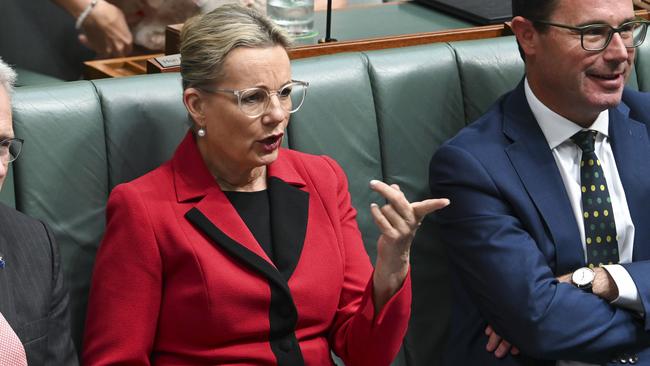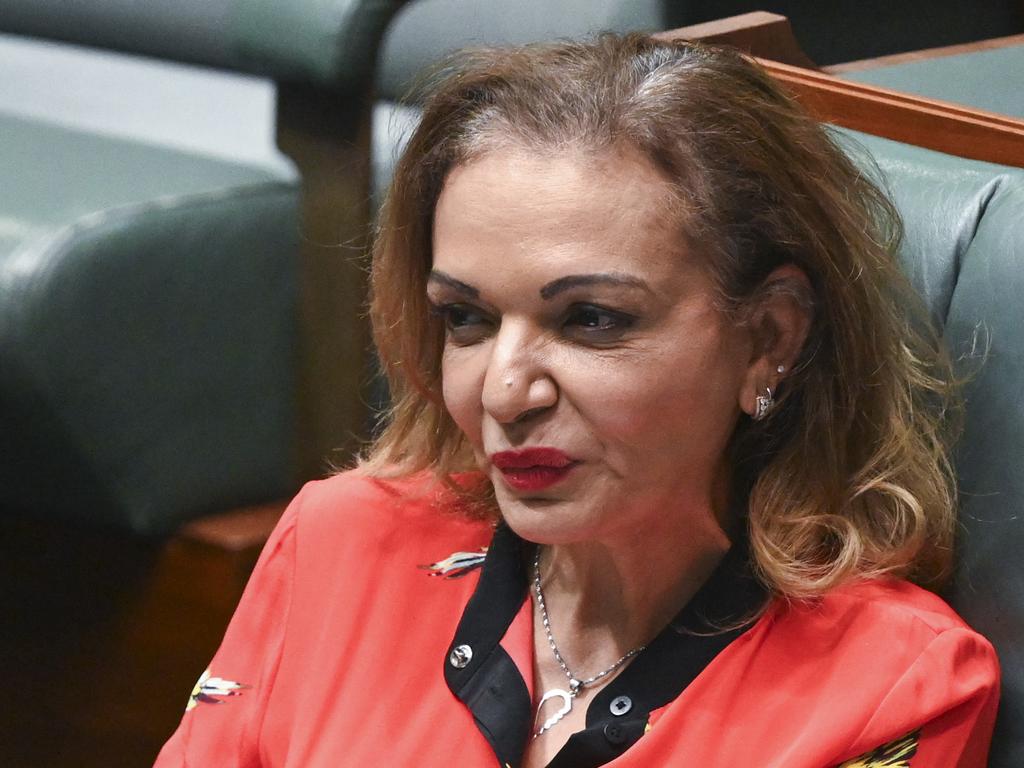‘Forget the cupcakes, where’s the cash?’: Ley puts corporate Australia on notice
The most senior Liberal woman has put corporate Australia on notice ahead of the first set of private sector employer gender pay gaps that will be released on Tuesday.

“If the pay gap is getting worse, keep your cupcakes because Australian women deserve better.”
That’s the message to corporate Australia from the Liberals’ most senior woman on the eve of the release of the historic “name and shame” list of the pay discrepancies between men and women in every Australian business with 100 or more employees.
“If you haven’t demonstrated strong action on the gender pay gap, keep the cupcakes in the fridge this year. We cannot see a poor, or even complacent, result and then watch as workplaces host International Women’s Day morning teas next week,” Liberal deputy leader Sussan Ley said.
The government’s Workplace Gender Equality Agency will publish the gender pay gaps of almost 5000 private companies on Tuesday, a move legislated to pressure employers to reduce the salary scales difference between men and women.

According to the WGEA, Australia’s gender pay gap sits at about 22.8 per cent.
Australia came in at 26 on last year’s World Economic Forum Global Gender Gap list.
“With International Women’s Day just around the corner we are going to get an early look at how Australia’s big corporate businesses are doing when it comes to the gender pay gap, so I am putting them all on notice today,” the shadow minister for women said.
“The working women of Australia deserve more than a morning tea, they deserve to be paid fairly, that is why we backed and funded this reporting in government.”
Ms Ley said the Coalition took the issue of gender equality “very seriously” when in government.
Legislation was passed and implemented last year following a review of the Workplace Gender Equality Act that began in 2021.
In the 2022 Women’s Budget Statement, former minister for women Marise Payne and the Morrison government allocated more than $18.5m over four years to the WGEA and funded the review in order to cement its recommendations in law. That was on top of an additional $6m for the agency to work to eradicate workplace sexual harassment.

Those are issues that, Ms Ley said, should all feed into fixing the culture within Australian workplaces. “Women may be in some non-traditional jobs, like on construction sites, but they may not be comfortable at work. Even seemingly small things, like where the toilets are located, mean a lot,” she said.
“I have spoken to many women who are uncomfortable with union delegates being on site but are too scared to go on the record about it. That’s why it’s up to these tier one businesses now to expand their thinking from pay parity to equality more broadly.
“Stop just thinking about the boardroom and start thinking about all employees at every level.”
This new regulatory muscle acquired by the WGEA follows similar rules in the UK that have helped raise awareness of the pay gaps and reduce them.







To join the conversation, please log in. Don't have an account? Register
Join the conversation, you are commenting as Logout